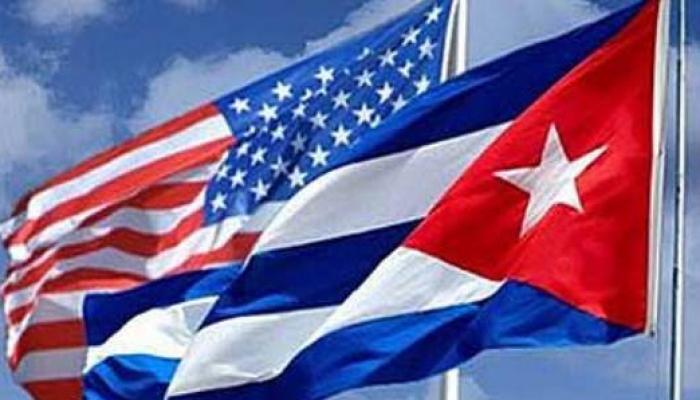Havana, May 15 (RHC) – In a positive advancement in relations between the two countries and peoples, U.S. and Cuban scientists have signed an agreement that furthers scientific and medical cooperation.
The deal was signed after a delegation from the American Association for the Advancement of Science (AAAS) visited Havana for a three-day tour hosted by the Cuban Academy of Sciences and other institutions. Although Cuba is a logical partner for the United States to collaborate in medical research and development, the longstanding U.S. economic blockade severely limits trade, travel and exchanges with the island nation.
"This trip was a wonderful opportunity to reinvigorate the long-standing friendship between U.S. and Cuban scientists and to form a specific plan of action," biologist Gerald Fink said. Fink is current President of AAAS, the largest organization of scientists in the United States. The plan of action covers four areas in the life sciences: emerging infectious diseases, brain disorders, cancer and antimicrobial drug resistance.
The agreements could provide a platform for joint efforts against current and potential health problems threatening both countries. Currently, the two nations are at risk for mosquito-carried viruses such as dengue and chikungunya. To date, there is no vaccine for either disease. Neither Cuba nor the U.S. has ever had a known case of chikungunya. But it is spreading across Caribbean Islands and both countries are concerned.
In a related development, scientists and policymakers from the United States and Cuba met on Wednesday to discuss ways the two nations can better collaborate on marine science and conservation.
“We are neighbors,” says marine scientist David Guggenheim, president of the nonprofit organization Ocean Doctor and one of the pivotal players in organizing yesterday’s meeting in Washington, D.C. “Neighbors don’t always get along, but when something happens in your neighborhood, you have to find a way to rise up and work together.”
At the meeting, which was hosted by Democratic Senator Sheldon Whitehouse from Rhode Island, a vocal advocate for ocean science, participants listened to lectures about ongoing projects and discussed future possibilities. One topic -- drafting a new bilateral agreement that would declare that working together is a priority for marine science and conservation –- is in both countries’ national interests to do so.
A key part of the declaration would be aimed at making it easier for U.S. scientists to obtain licenses for their work from the U.S. government, which must approve cooperation with Cuba, and to make it easier for people and scientific equipment to move between the two nations.


